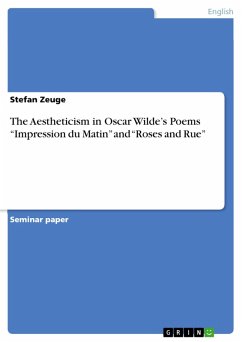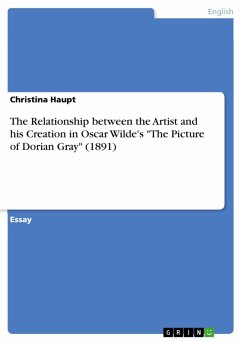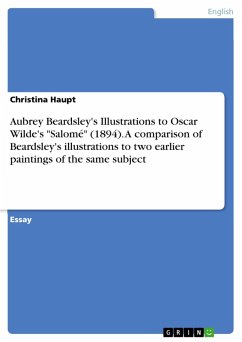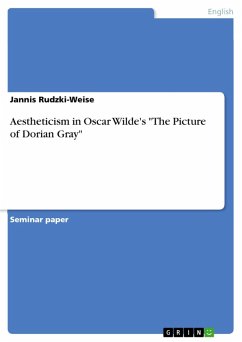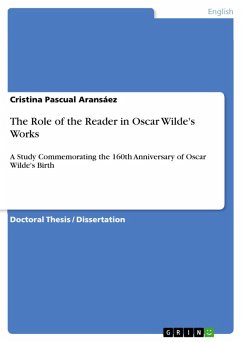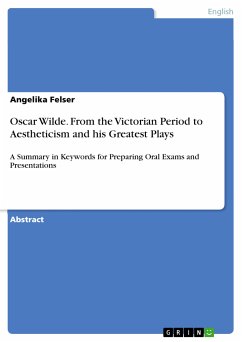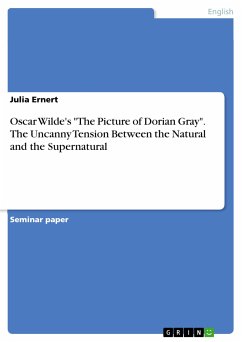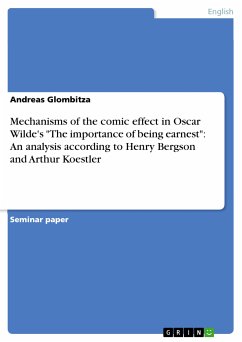Seminar paper from the year 2006 in the subject English Language and Literature Studies - Literature, grade: 1,3, University of Potsdam, course: PS British Poetry since Romanticism, language: English, abstract: Oscar Wilde (1854 - 1900) was one of the most famous writers of the Victorian Age. He was primarily known as a playwright but also created a number of poems, stories and fairytales. Already during his studies at Oxford he developed a style in his art that would later make him the best-known writer of English aestheticism. For Wilde, however, aesthetic sense was more than a concept in art. He rather devoted his whole life to the perfection of beauty. He cultivated a flamboyant lifestyle, supported nonconformist views and had homoerotic tendencies, which made him a kind of media star. The attention directed towards him was often hostile because his attitudes contradicted mainstream Victorian values. These were marked by moral strictness and considerations of usefulness. Oscar Wilde, however, was a hedonist and an individualist. This contradiction and his persistence in defending his views brought him towards the end of his life even to court and to prison, which shows that his attitudes were more than pure provocation. This assignment deals with the question how aestheticism is expressed in Wilde's poems. It investigates where the Aesthetic Movement originated and what its principles were. Which theories about art influenced Oscar Wilde and how did he develop them further for his own purposes? What was in his social and artistic biographical background that could have had an impact on his attitudes? How consequently did he follow his own principles that he often mentioned in his essays and articles? Is it possible to create a pure form of aestheticism and which difficulties occur while trying to do so?
Dieser Download kann aus rechtlichen Gründen nur mit Rechnungsadresse in A, B, BG, CY, CZ, D, DK, EW, E, FIN, F, GR, HR, H, IRL, I, LT, L, LR, M, NL, PL, P, R, S, SLO, SK ausgeliefert werden.

